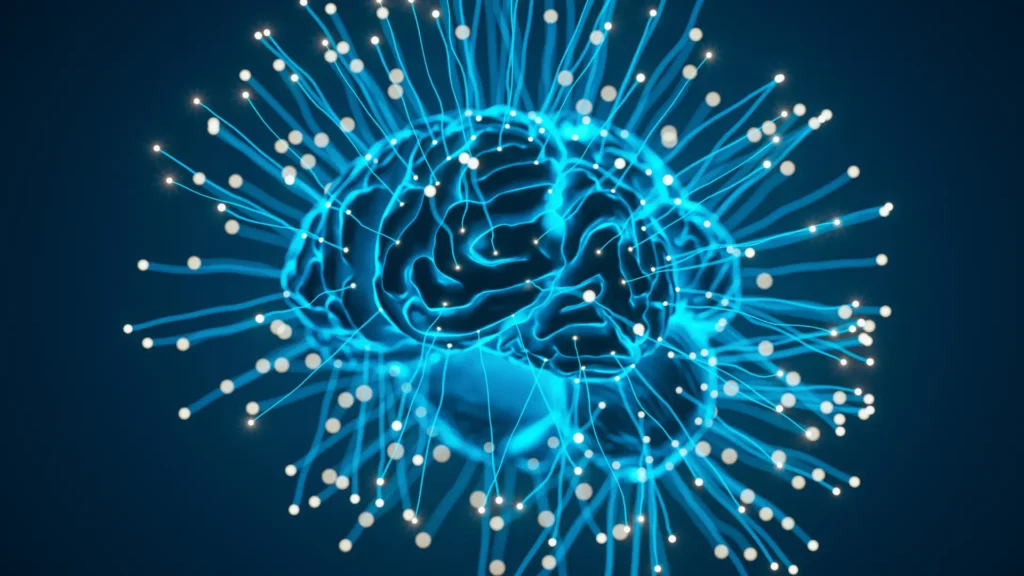Emotional trauma is a physiological and psychological response to a deeply distressing event that overwhelms an individual’s ability to cope. It is not the event itself that constitutes the trauma, but the body’s response to it. When our natural survival instincts (fight, flight, or freeze) are unable to complete, the immense energy generated by that response can become “trapped” in the nervous system, leading to a host of long-term physical and emotional symptoms.
Definition of Emotional Trauma
Emotional or psychological trauma is a wound to the psyche that creates a lasting impact on an individual’s sense of self and safety. Unlike ordinary stress, a traumatic event shatters our fundamental assumptions about the world, causing feelings of intense fear, helplessness, and horror. The experience overwhelms our capacity to process it, causing the nervous system to become dysregulated. The memory of the event is not stored as a normal narrative but as fragmented sensory and emotional imprints.
The Spectrum of Trauma: Big “T” and Small “t”
Trauma is often categorized to distinguish between different types of experiences, though mental health professionals focus on the individual’s subjective experience and its effect on their life.
- Big “T” traumas are single, life-threatening, or catastrophic events. Examples include combat, serious accidents, natural disasters, or severe abuse.
- Small “t” traumas are repeated, chronic stressors that cumulatively cause emotional damage. Examples include ongoing emotional neglect, bullying, or a persistently hostile work environment. Although “small t” traumas may seem less severe individually, their lasting impact can be just as significant as that of a “Big T” event.
How Emotions Are Stored in the Body
The body, not just the brain, holds a record of traumatic experiences. This is known as somatic memory. The mechanism for storing trauma is rooted in the Autonomic Nervous System (ANS), which has two main branches: the Sympathetic (SNS), responsible for our “fight-or-flight” response, and the Parasympathetic (PNS), which governs our “rest-and-digest” state. During a traumatic event, the SNS floods the body with immense energy and stress hormones to facilitate survival. Trauma occurs when this survival response is blocked or unable to be completed. The body is unable to discharge the massive amount of mobilized energy and cannot switch back to the calming PNS state. This unresolved energetic charge becomes “frozen” in the nervous system and stored as tension in the muscles and connective tissues (fascia), creating a state of chronic dysregulation where the body continues to operate as if the threat is still present.
Emotional Blocks and Psychosomatic Tension
The long-term consequence of this stored energy manifests in both psychological and physical ways.
- Emotional Blocks: These are points of psychological and energetic stagnation. Suppressed emotional energy from a trauma can create “blocks” that prevent the free flow of feeling and expression. This can lead to symptoms like emotional numbness, a disconnection from one’s body, or an inability to feel certain emotions.
- Psychosomatic Tension: This is the physical manifestation of the stored emotional charge. The brain continues to send threat signals to the body, causing muscles to remain in a state of chronic contraction, a condition known as “somatic armoring.” This psychosomatic tension is real, physical tension with a psychological root.
Chronic Muscle Tension and Inflammation
Unresolved emotional trauma has significant, long-term physical consequences. The state of constant, low-level activation of the “fight-or-flight” response leads to chronic muscle tension, which can cause persistent pain, stiffness, and postural problems. Furthermore, the continuous circulation of stress hormones like cortisol promotes a state of systemic, low-grade inflammation. Chronic inflammation is now recognized by medical science as a contributing factor to a wide range of modern diseases, from autoimmune disorders to heart disease.
Psychosomatic Medicine: Bridging Mind and Body
The field of psychosomatic medicine is the interdisciplinary study of the inseparable relationship between social, psychological, and behavioral factors on bodily processes. It provides the scientific framework for understanding how the experiences of the mind (psyche) directly create the conditions of the body (soma). Through fields like psychoneuroimmunology (PNI), researchers can now map the precise pathways through which emotions like fear and stress influence the nervous, endocrine, and immune systems, validating the long-held wisdom that the mind and body are a single, integrated whole.



